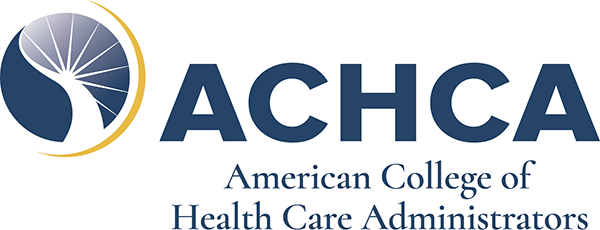Stotler Hayes Group Attorney, Nathan Peters, presented at the Texas Healthcare Association’s Board of Directors meeting on August 21st, 2019. Nathan shared two updates on how Stotler Hayes Group’s (SHG) Texas-based attorneys are successfully fighting to recover every Medicaid dollar available for our clients, and all Texas providers. SHG attorneys have litigated two major issues with the Texas Health and Human Services Commission (THHSC) and both could significantly impact future Medicaid payments in Texas. The issues the cases have dealt with include (1) the THHSC’s denial of an application for failing to exclude inaccessible resources for incapacitated Medicaid Applicants and (2) THHSC’s improper restrictions on Incurred Medical Expenses (IME). By some estimates, the IME payments could alone boost Medicaid provider payments over $40 million annually.
Unlike some state Medicaid agencies, THHSC previously refusing to exclude certain resources when reviewing Medicaid applications for incapacitated individuals. This policy is leading to a significant loss in payments for providers, because affected providers are left without a payor source until the incapacitated resident can secure a guardian with the authority to spend down their resources. Unfortunately for these providers, securing a guardian and spending down resources for incapacitated individuals is often a lengthy and complicated process. However, SHG’s recent victory in the case of Tex. HHS Comm’n v. Marroney, 2019 Tex. App. LEXIS 4298, 2019 WL 2237885 (Tex. App. – Austin May 24, 2019, Pet. Denied) should lead the THHSC to change its policy and start excluding inaccessible resources for incapacitated residents.



